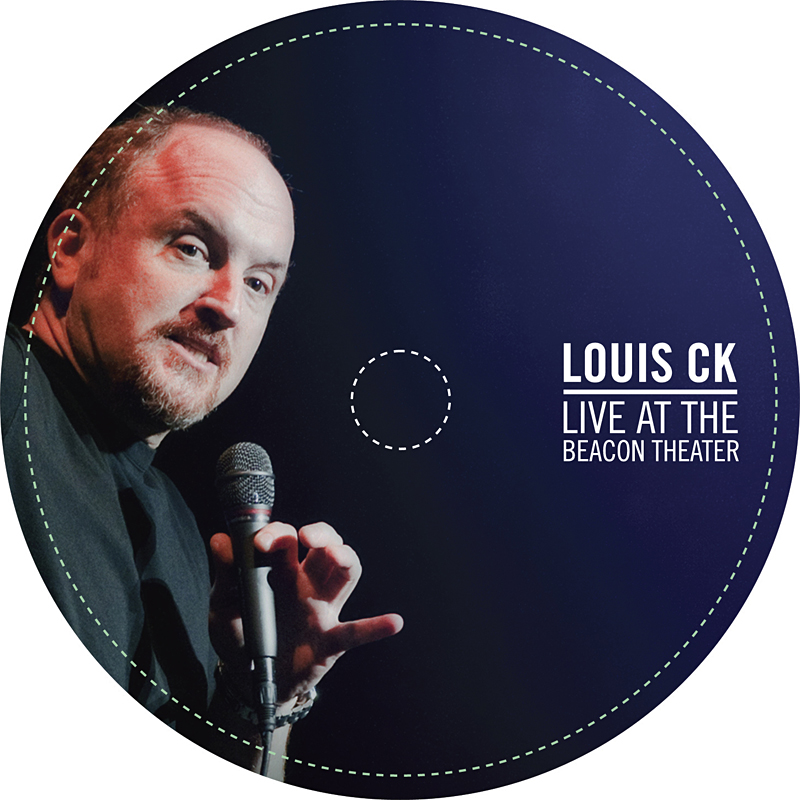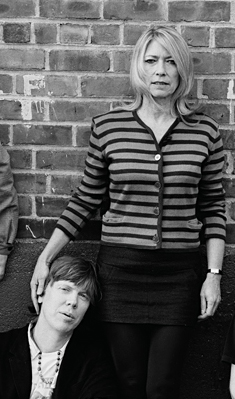The Crocodile Cafe was closed on Monday night. But behind the club, against a Dumpster, leaned a bearded old man with his dick in one hand and a can of beer in the other, his urine flooding the cracks in the pavement. Down the street, approximately 50 feet from the Croc’s doors, a teenage kid bought crack from another teenage kid.
Scenes like this are standard for Belltown. I used to work in that hood, on the corner of Second Avenue and Blanchard Street, and have seen worse: men and women slurping cans of Busch Light covered in paper sacks at 8 a.m., an inebriated woman stealing a man’s prosthetic leg and taking off down the street with it, another woman urinating on a minivan’s bumper, and an elderly gentleman not only peeing on himself, but vomiting as well. I won’t even get into the countless crack deals I’ve witnessed.
Under the “Nightclub Operating Standards” listed in Mayor Greg Nickels’ controversial nightlife proposal, the employees of Seattle nightclubs would be made responsible for security within 100 feet of the club, 30 minutes before close and 30 minutes after. It was within 100 feet of the Croc’s doors that I witnessed all of the above acts. In the proposal, as it stands, club employees are responsible for contacting law enforcement officials if they observe or are informed of any potential illegalities. But last I checked, old men pissing on Dumpsters is a violation of law that has nothing do with kids leaving a club after seeing Clap Your Hands Say Yeah.
Last week, when I spoke with James Keblas, director of the Mayor’s Office of Film & Music, he said that one of the biggest problems with the proposal was that it was written in legalese. As Keblas noted, the Mayor’s Nightlife Task Force is currently at work determining what distance would be reasonable in terms of securing a club’s premises. So, the 100-foot rule could eventually be diminished to, say, 50 feet. But since when did activities such as chronic public inebriation and crack deals have anything to do with nightclubs? If a fight breaks out between two club patrons, that’s reason for club security to get involved. If patrons are stepping outside to exchange money for dope, there’s another reason. But outside of issues of that nature, this business of securing sidewalks and alleys sounds like police work to me. If lurid activities around nightclubs are such a problem, isn’t that the SPD‘s responsibility? No doubt the city will say the SPD is short-staffed, but is the answer to “deputize” club personnel into policing what really belongs to the police?
Then again, this 100-foot rule sounds to me like another measurement rule we have here in town: the infamous 25-foot smoking rule. And I’ve yet to see that enforced by the SPD.







